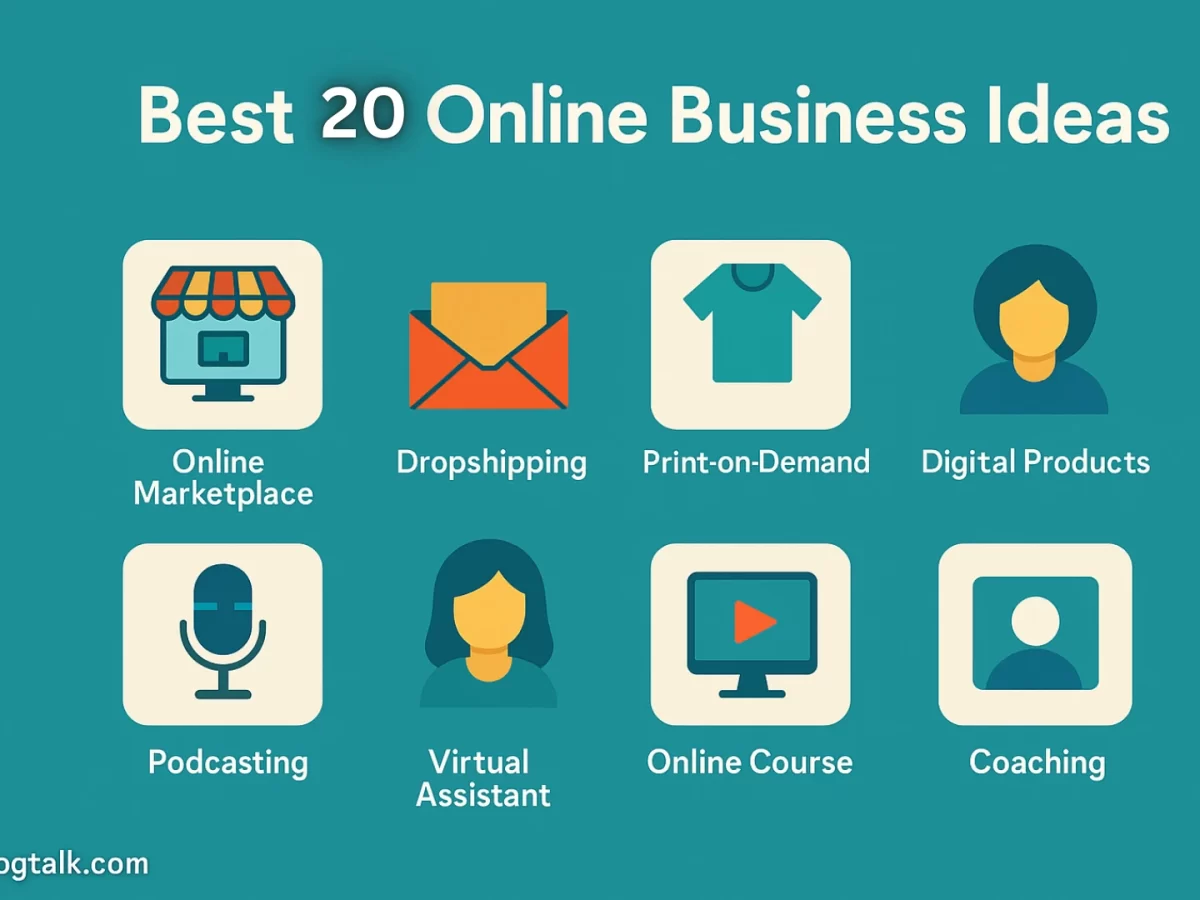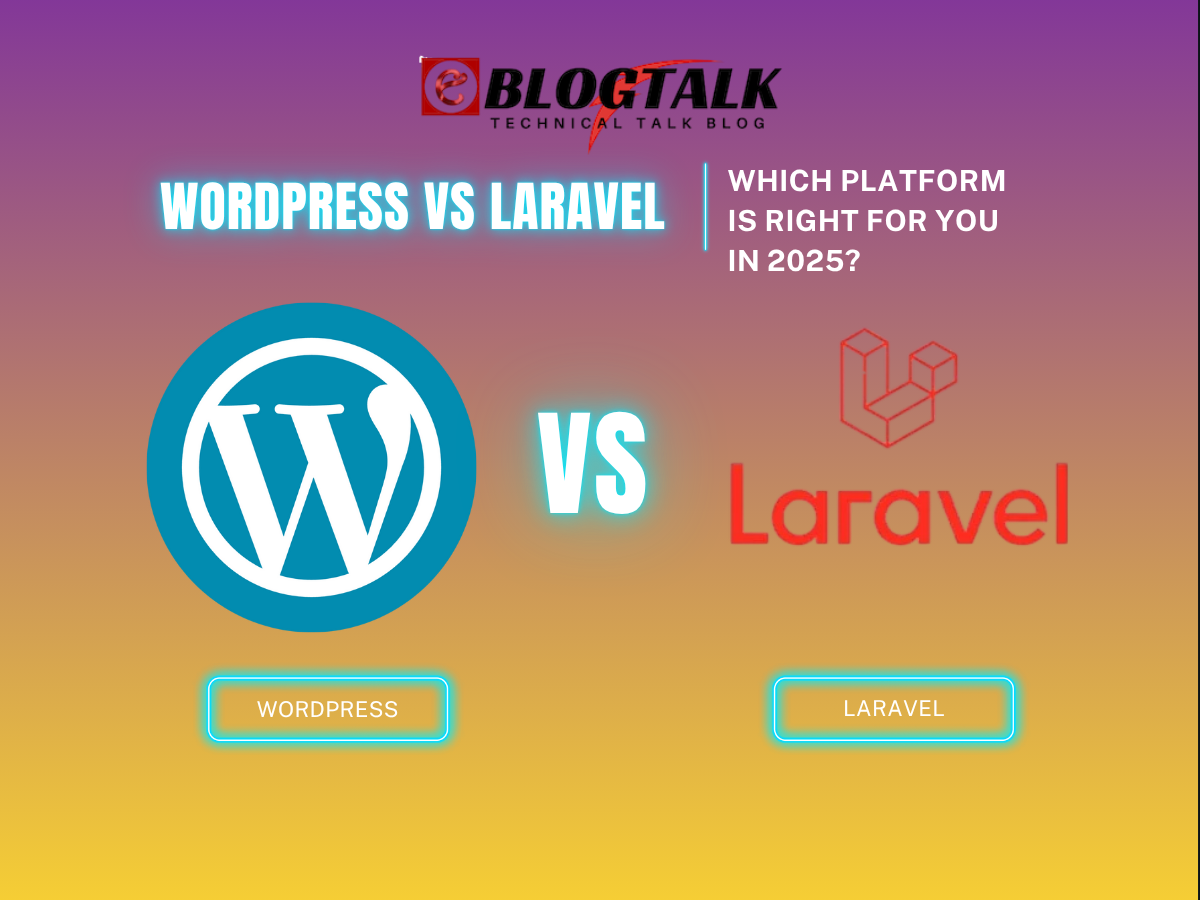When it comes to SEO tools, Semrush, Ahrefs, and Moz are the top contenders. Although all of them position themselves as the be-all and end-all of solutions, our years of practical experience have revealed that the optimal solution truly depends on your aims and needs.
In this guide, we will share our personal experiences with these platforms to help you choose the one that best suits your business. We have compared features, prices, ease of use, and more so you can be confident in making a cost-effective purchase without overspending on features you don’t need.
A quick overview of the results is given below.
A quick overview of the results is given below.
| Feature | Semrush | Ahrefs | Moz |
| Overall Grade | ⭐ A+ – Power-packed for marketing pros | ⭐ A – Excellent for deep SEO dives | ⭐ A- – Solid choice for content creators |
| Monthly Cost | $129.95/month | $129/month | $99/month |
| Ideal Use Case | Paid campaigns, social media, full-scale SEO | Organic SEO, backlink audits, keyword data | Content-focused strategies & basic SEO needs |
| Strengths | Ad tools, keyword ranking, site audits | Competitor tracking, backlink explorer | Beginner-friendly interface, SEO guides |
| Limitations | Can be pricey, occasional data mismatch | Fewer tools for PPC or paid media | Fewer features for large-scale SEO campaigns |
| Trial Period | 7-day access to premium features | No trial available | 30-day free trial with limited access |
1. Understand What Your Audience is Searching For
SEO tools help uncover what your target audience is typing into search engines. Through keyword research and trend tracking, these tools give you data-driven insights into high-demand topics and search phrases. It means you can create content that directly addresses user queries and aligns with search intent, thereby improving your chances of ranking.
2. Track Your Website’s Performance
Publishing content is not enough; you should also understand how it is doing. The SEO tools offer dashboards that display traffic patterns, keyword rankings, bounce rates, and other key metrics. This will show you what is performing well, what is not, and where you need to improve. By tracking regularly, you will be able to adjust your strategy on the fly rather than operating blindly.
3. Spy on Competitors
Competitor analysis is one of the finest benefits of SEO tools. You can find out which keywords your competitors are ranked for, on which sites they are receiving backlinks, and on which of their pages are most popular. This assists you in identifying the loopholes in your strategy and learning ways to perform better than them.
4. Improve On-Page SEO and Site Health
From fixing broken links to optimising metadata and loading speed, SEO tools audit your site to ensure it’s technically sound. A healthy site improves user experience and increases your chances of ranking higher on Google.
Semrush vs Ahrefs vs Moz: Detailed Analysis
With that said, we will now consider each of these three best SEO platforms and compare their features, usability, and costs.
1. Semrush – $130 / month

Semrush is an all-in-one digital marketing toolkit and one of the most powerful SEO tools used by professionals, marketers, and businesses worldwide. Initially a keyword research and domain analysis tool, Semrush has since expanded into a comprehensive suite of tools encompassing SEO and content marketing, paid advertising, and social media management.
Whether you’re a freelancer, agency, or brand, it provides you with the data and insights you need to achieve organic traffic, outsmart your competitors, and optimise your online presence. Semrush offers an intelligent dashboard and powerful analytics that simplify making smarter decisions, supported by trustworthy data.
Key Features of Semrush:
- Keyword Magic Tool – Discover high-volume and long-tail keywords for any niche.
- Site Audit – Get detailed technical health checks and improvement suggestions.
- Backlink Analytics – Monitor backlink profiles and assess link-building opportunities.
- Position Tracking – Track keyword rankings across regions and devices.
- Traffic Analytics – View traffic sources, audience behaviour, and competitors’ performance.
- Competitor Research – Analyse rivals’ top pages, traffic sources, and paid campaigns.
- PPC & Advertising Tools – Manage and optimise Google Ads campaigns.
- Content Marketing Toolkit – Plan, write, and optimise SEO-friendly content.
- Social Media Tracker & Poster – Schedule posts and analyse engagement on platforms.
- Market Explorer – Understand industry trends and audience interests.
- SEO Writing Assistant – Optimise content in real-time based on SEO and readability.
- Domain Overview – Get a complete snapshot of any domain’s authority and performance.
What We Like About Semrush:
Semrush stands out with its depth and versatility. We love the fact that it integrates strong SEO functionality with advertising, content, and social media tools—all under one roof. The Competitor and keyword research tools are at the top of the industry and deliver accurate and actionable information.
Its SEO Writing Assistant is a treasure trove for any content writer seeking to improve their rankings. The platform continues to receive new updates and features, and the interface is easy to navigate. The fact that it allows for generating branded reports and handling multiple projects is a big plus for agencies.
What We Dislike About Semrush:
While Semrush is feature-rich, it comes with a steep learning curve for beginners. It may seem intimidating to figure out how to use all the tools initially, particularly with small businesses or those new to SEO. The cost may also be an obstacle- it is fairly priced compared to a few of its competitors, and numerous of its best features are gated behind higher-priced plans.
Additionally, its data is fairly accurate, but traffic estimates and keyword volume projections can be inaccurate, particularly for low-volume queries. Finally, the real-time support options are not as prompt as they could have been, considering the price of the subscription.
Why We Recommend Semrush:
We recommend Semrush because it’s a comprehensive powerhouse for digital marketers seeking to strategically grow their businesses. It is not only an SEO tool but a marketing command centre which encompasses SEO, PPC, content and social media. It has everything needed, which is why it suits agencies, startups, and even large brands that require data-driven growth.
Its capability to allow a deep dive into competitive research, track performance in real time, and create content with precision makes it worth the investment. Semrush is a great option if you want everything under one roof, take your online presence seriously, and want to scale it.
Giving it an A+ rating overall.
More Resources:
Successful Entrepreneurs in India 2025
Young Entrepreneurs in India
MBA Chai Wala Net Worth 2025
Vivek Bindra Net Worth 2025
Aman Gupta Net Worth 2025
Emiway Bantai’s Net Worth 2025
Archana Puran Singh Net Worth 2025
2. Ahrefs – $129 / month

Ahrefs is considered one of the most efficient and credible SEO tools available, used by marketers, bloggers, and large-scale businesses. Ahrefs is renowned for its high-quality data and accurate backlink analysis, allowing users to gain a deep understanding of what drives website rankings and how to outsmart the competition.
Need to boost your Google rankings, spy on your competitors, or streamline your content strategy? Ahrefs provides a comprehensive set of tools to help you achieve this. The tool is particularly renowned for its user-friendly interface and regularly updated index of web pages, making it one of the most popular tools among individuals concerned with organic search optimisation.
Key Features of Ahrefs:
- Site Explorer: Analyse competitor websites for traffic, top pages, and backlink data.
- Keywords Explorer: Discover keyword ideas, search volume, and ranking difficulty across multiple search engines.
- Site Audit: Identify technical SEO issues and receive actionable suggestions.
- Content Explorer: Explore top-performing content by niche, shares, and backlinks.
- Rank Tracker: Monitor keyword positions over time and across locations.
- Backlink Checker: Access one of the largest backlink databases in the industry.
- Domain Comparison: Compare SEO metrics across multiple websites.
- Alerts: Get notified about new backlinks, lost links, or brand mentions.
- SEO Toolbar: A browser extension for quick on-page analysis and backlink data.
- Batch Analysis: Analyse multiple URLs or domains in bulk.
What We Like About Ahrefs:
Ahrefs is a leader in providing high-quality and fresh backlink and keyword data. It features a user-friendly interface that simplifies even the most complex SEO procedures for novices. The Keyword Explorer and Content Explorer functionalities, in particular, are useful for planning content strategies with greater accuracy.
The Site Audit tool provides detailed information that other platforms often overlook. We also appreciate the extensive tutorials and knowledge base that enable users to utilise all of its capabilities to the fullest. Ahrefs is one of the most informative and data-rich tools available for conducting competitive research and driving organic growth.
What We Dislike About Ahrefs:
Ahrefs is a great SEO tool, but it has its limitations. It does not have specific paid advertisement or social media tracking tools that other sites, such as Semrush, have. It also lacks a free trial, which could be an obstacle for small businesses or new users who would like to try it out. It may be too expensive for solopreneurs or freelancers when you are not using all the features.
The keyword difficulty scores are also perceived as aggressive by some users when compared to real-world results. Generally speaking, it is powerful yet could be overpriced by people who require a lighter solution.
Why We Recommend Ahrefs:
We suggest using Ahrefs since it is result-oriented. Whether you’re managing a growing blog or running an SEO agency, Ahrefs gives you the data and tools needed to rank higher and stay ahead of the competition. Its unmatched backlink database, accurate keyword insights, and in-depth competitor analysis make it indispensable for anyone serious about organic growth.
Although it lacks PPC tools, it compensates for this with its content and technical SEO capabilities. When it comes to SEO specifically, and you need data that you can trust and act on, Ahrefs is worth the price.
I give it an overall A grade.
Other Resources:
AdSense Plugins for WordPress 2025
WordPress AntiSpam Plugins 2025
WordPress Form Builder Plugins 2025
Google Analytics Plugins For WordPress 2025
WordPress Advertising Management Plugins 2025
WordPress Cache Plugins to Improve Speed and Core Web Vitals 2025
WordPress Backup Plugins For Automated Backup 2025
3. Moz – $99 / Month

Moz is a household name in the SEO community, providing a set of tools that help companies increase their online presence. Moz is especially well-liked by small to mid-sized businesses and content-driven marketers since it is based on the idea of making SEO accessible.
With its clean interface, strong educational resources, and beginner-friendly tools, it simplifies complex SEO tasks, such as keyword tracking, site audits, and backlink analysis. Suppose you are new to the game or need to optimise your current SEO strategy. In that case, Moz offers a good combination of user-friendliness and essential SEO tools that will eventually elevate your ranking and organic traffic.
Key Features of Moz:
- Keyword Explorer: Helps identify the best keywords to target based on volume, difficulty, and opportunity.
- Site Crawl: Scans your website for SEO issues, such as broken links, missing tags, and duplicate content.
- Rank Tracking: Monitors how your keywords are performing across search engines over time.
- Page Optimisation: Offers suggestions on how to improve individual pages for better rankings.
- Backlink Analysis: Provides insights into your backlink profile and compares it with those of your competitors.
- Domain Authority Scoring: Moz’s proprietary metric to assess how likely a domain is to rank in SERPs.
- Link Explorer: In-depth tool for finding link-building opportunities and evaluating inbound links.
- SEO Toolbar: A Browser extension that displays instant SEO metrics as you browse websites.
- Content Suggestions: Recommends new topics based on current trends and keyword gaps.
- Reports and Alerts: Generate customised SEO reports and get alerts when site issues arise.
What We Like About Moz:
Moz is easy to use and features a user-intuitive dashboard, making it a good choice for non-technical users and those just starting. The learning resources on the platform, particularly Moz Academy and its well-maintained blog, are unrivalled. We adore the precision of its keyword difficulty scores and the ease with which you can monitor rankings and site problems.
Additionally, Moz offers a 30-day free trial, providing sufficient time to test all major features. Moz is simple to onboard and does not intimidate users like some other complex tools, which is why it is an excellent choice for small businesses and content creators who are beginners in the SEO scene.
What We Dislike About Moz:
Moz excels at the fundamentals but falls short in more advanced features, such as paid ad tracking, extensive backlink databases, or competitor PPC information, where Semrush or Ahrefs are stronger tools. The backlink index is not as comprehensive, and therefore, users can overlook some important link opportunities. The interface is convenient but somewhat dated in comparison to more recent platforms.
Additionally, certain functionalities are disabled until an upgrade to a more expensive price plan is made, which may not be suitable for freelancers or new businesses. All in all, Moz is more suited for use in content-driven SEO rather than comprehensive digital marketing processes.
Why We Recommend Moz:
Moz is a solid, general-purpose SEO toolkit that can be used by anyone focusing on organic traffic acquisition through content and on-page optimisation. It’s simple tools, and top-notch training documents make it particularly useful for novices or groups that lack full-time SEO professionals.
Moz is a quick and inexpensive way to go if you want to develop authority, enhance the visibility of your content, and monitor SEO performance without becoming too immersed in rather complicated analytics. It is safe to browse with its 30-day free trial. If you are maintaining a blog or a small online shop, Moz will help you establish a solid SEO foundation the proper way.
Overall, giving it a still respectful A- grade.
Bonus Tools for SEO
In addition to giants such as Moz, Semrush, and Ahrefs, several other tools are available that can significantly facilitate your SEO strategy. These bonus tools are usually free or inexpensive and complement primary SEO platforms to provide a more comprehensive picture of your site’s performance.
Some very helpful bonus SEO tools are:
- Google Search Console: Essential tool to monitor your site’s appearance in search, resolve indexing problems and examine the performance of your keywords directly in Google.
- Google Analytics: Offers deep insights into user behaviour, traffic sources, and conversions—helping you align SEO with business goals.
- Ubersuggest: A freemium tool by Neil Patel for keyword research, content ideas, and backlink data—ideal for beginners.
- AnswerThePublic: Great for uncovering questions and queries people are searching for, helping you build content around real user intent.
- Screaming Frog SEO Spider: A desktop crawler that performs a technical SEO audit of problems such as broken links, redirects, and duplicate content.
- Yoast SEO (for WordPress): An essential plugin for on-page SEO, helping optimise titles, meta descriptions, and readability.
Conclusion
Choosing the best SEO tool depends on your goals.
Semrush is best suited for companies that require an entire marketing suite, including paid advertising and social media features.
Ahrefs is the best for backlink analysis and keyword research, making it a suitable choice for organic SEO strategies.
Moz is beginner-friendly and excellent for content marketers.
All the tools are powerful in their own way, and the appropriate decision depends on your budget, aims, and experience. One of these platforms will do the trick, whether you are optimising content, monitoring rankings, or researching competitors.
Semrush vs Ahrefs vs Moz FAQs
1. What is the best SEO tool: Semrush, Ahrefs, or Moz?
The best SEO tool depends on your needs—Semrush for comprehensive marketing, Ahrefs for backlink SEO, and Moz for ease of use and education.
2. Is Semrush better than Ahrefs for PPC campaigns?
Yes, Semrush offers better PPC and advertising features compared to Ahrefs, which focuses more on organic SEO.
3. Which is more beginner-friendly: Moz, Ahrefs, or Semrush?
Moz is the most beginner-friendly, thanks to its simple interface and robust educational content.
4. Do Semrush, Ahrefs, and Moz offer free trials?
Yes, Moz offers a 30-day free trial, Semrush has a 7-day trial, while Ahrefs currently doesn’t offer a free trial.
> My Response is on my own site
> Image Sharing Sites
> Profile Submission Sites
> Edu Sites for Backlinks
> Ping Submission Sites
> PDF Submission Sites
> Social Bookmarking Sites
More Resources:
> What is breadcrumb navigation for SEO?
> Mobile SEO Mistakes
> How do we improve page speed- The Complete Guide
> SEO Myths about website optimization






